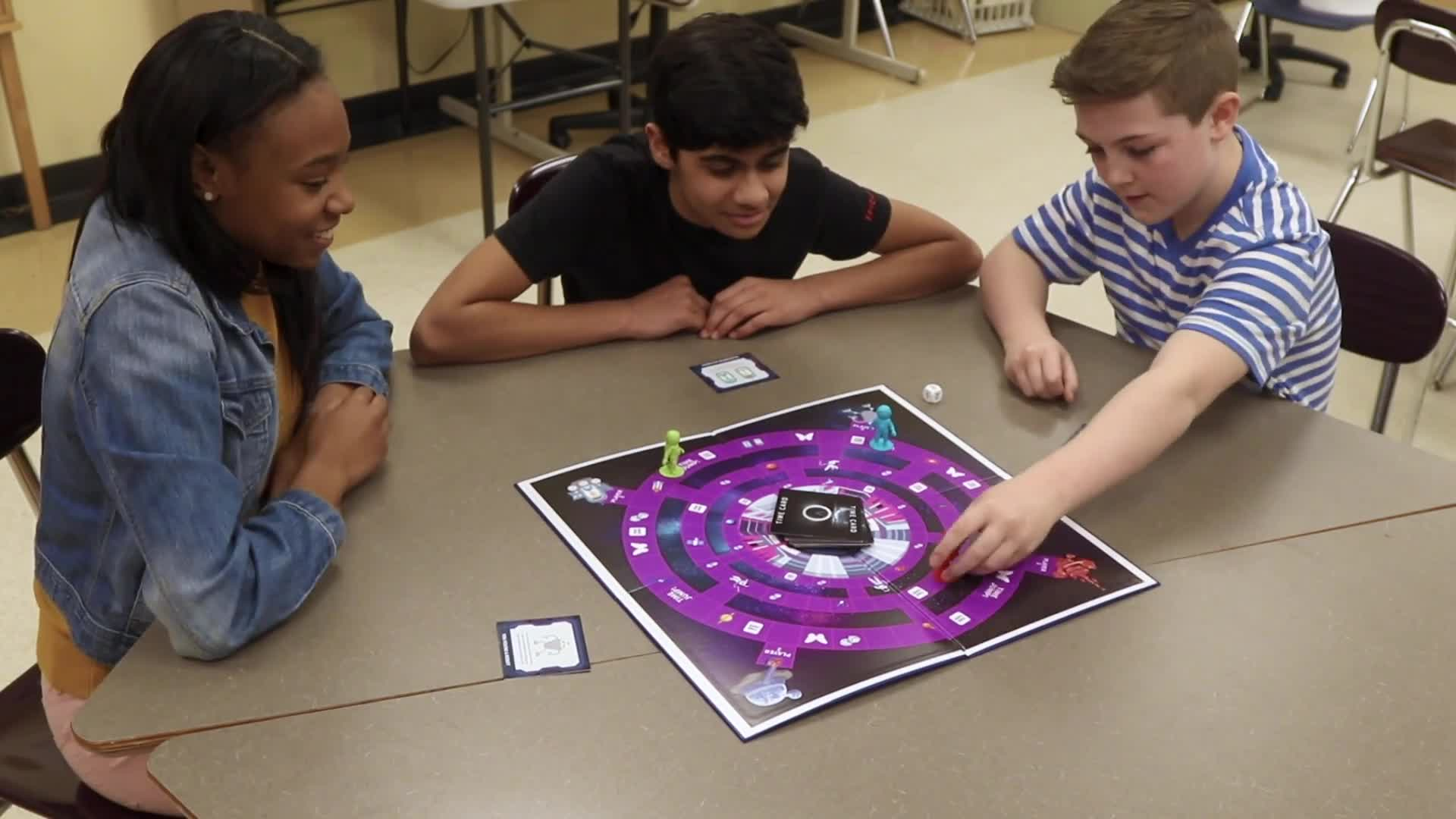
As educators, one of our goals is to teach students valuable social skills that they can apply in various aspects of their lives. Good sportsmanship is a crucial skill that helps foster positive relationships and ensures that everyone has fun while playing games. In this blog post, we will discuss the importance of teaching good sportsmanship, provide a no-prep activity for educators, and share discussion questions to stimulate further thought on the topic.
Introduction
Good sportsmanship is an essential social skill that helps students interact positively with their peers. It involves being respectful, fair, and gracious, regardless of the outcome of a game or competition. By teaching students the importance of being a good sport, we can help them develop empathy, cooperation, and a sense of fairness.
No-Prep Activity
Here’s a simple, no-prep activity that educators can use to teach good sportsmanship:
- Divide the students into small groups and assign each group a popular board or card game.
- Ask the students to play the game, ensuring that they follow the five steps of good sportsmanship: agreeing on a game, making sure everyone knows how to play, setting up the game, saying “good game” at the end, and helping to clean up.
- While the students are playing, observe their interactions and take note of any instances of good sportsmanship.
- After the games are finished, gather the students together and discuss the importance of being a good sport and how it contributed to their enjoyment of the game.
Discussion Questions
Use these discussion questions to stimulate further conversation about good sportsmanship:
- Why is it important to be a good sport when playing games with others?
- How does being a good sport contribute to everyone’s enjoyment of the game?
- Can you share an example of a time when you or someone else demonstrated good sportsmanship? How did it make you feel?
- What are some ways we can practice good sportsmanship in other areas of our lives?
- How can we encourage others to be good sports when playing games together?
Related Skills
Teaching good sportsmanship not only helps students enjoy playing games but also helps them develop other essential social skills, such as:
- Empathy: Understanding and sharing the feelings of others.
- Cooperation: Working together toward a common goal.
- Communication: Expressing thoughts and feelings clearly and effectively.
- Conflict resolution: Managing and resolving disagreements in a constructive manner.
- Resilience: Bouncing back from setbacks and disappointments.
Next Steps
Now that you have an understanding of the importance of teaching good sportsmanship and have a no-prep activity to use in your classroom, consider exploring other essential social skills for students. To get started, sign up for free samples of skill-based materials at Everyday Speech. These resources will help you to continue fostering a positive learning environment and promote the development of well-rounded, socially adept students.

